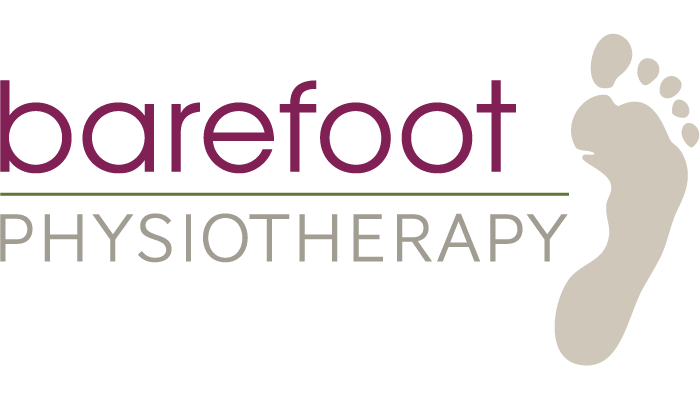The Role of Physiotherapy for Chronic Fatigue Syndrome
Chronic Fatigue is a complex disorder characterised by debilitating fatigue which can’t be explained by any underlying medical or psychological conditions. Therefore, it is often referred to as a diagnosis of exclusion. The symptoms can vary in intensity or range from person to person but often include headaches, nausea, fibromyalgia and sleep disturbances. Physiotherapy for Chronic Fatigue Syndrome can help to manage symptoms. If you, or someone you know is suffering from chronic fatigue, get in touch with Barefoot to learn about our chronic fatigue treatment Brisbane services.
Medically, fatigue is described as ‘ the early onset of tiredness after an activity has been started.’ Chronic fatigue is diagnosed when the fatigue has lasted more than six months. (Sanchez et al, 2005).
There are multiple means of treatment used for Chronic Fatigue but this blog will cover the benefits of Physiotherapy. At Barefoot Physiotherapy whenever a client presents with chronic fatigue we utilise the same treatment plan because it allows us to make tailored treatment programs for every client no matter what they presenting with. Here is a link to our blog explaining the Barefoot Physiotherapy Plan.
In our first session of physiotherapy for chronic fatigue syndrome, we will set realistic and measured goals with the client. These goals can range anywhere from social (ie. wanting to be able to spend 15 minutes at the park with their children without fatigue) to sporting (ie. 20 min walk or jog without fatigue). Once we have developed a set of goals we then utilise manual therapy techniques to help reduce their discomfort, musculoskeletal or nerve irritation and once their strain is at a minimum we commence an endurance and strength program.
Exercise therapy is essential to improving chronic fatigue as it allows clients to build up their tolerance and endurance to every day tasks. It is important to utilise a graded exercise program and assess each client’s tolerance level separately. Exercise therapy should be functional allowing the client to build their strength and endurance whilst carrying out tasks that are utilised in their day to day activity. Exercise built into daily tasks is a great way to maximise adherence and to develop muscle memory and confidence within the individual. For instance, some ideas include, working squats into their day through utilising sit to stand, calf raises while boiling the kettle, step ups at the park with their children or upper body strengthening whilst putting the groceries away.
Once a client’s confidence is restored or improved and they are less intimidated by the prospect of a full exercise program you can introduce a more weighted or structured exercise program to continue building their strength and endurance. It is important to check back in with the clients goals to make sure they are on track to achieve them and if you have it is time to set new ones.
If you or anyone you know of is experiencing the symptoms of chronic fatigue , muscle, joint or possible nerve irritation please contact us. We can determine if it is a musculoskeletal issue before having to see a GP. We are open 5 days a week and a couple Saturdays a month. We have early and late appointments available. Please call us at 1300 842 850 or Click here to book an appointment.








Leave a Reply
Want to join the discussion?Feel free to contribute!